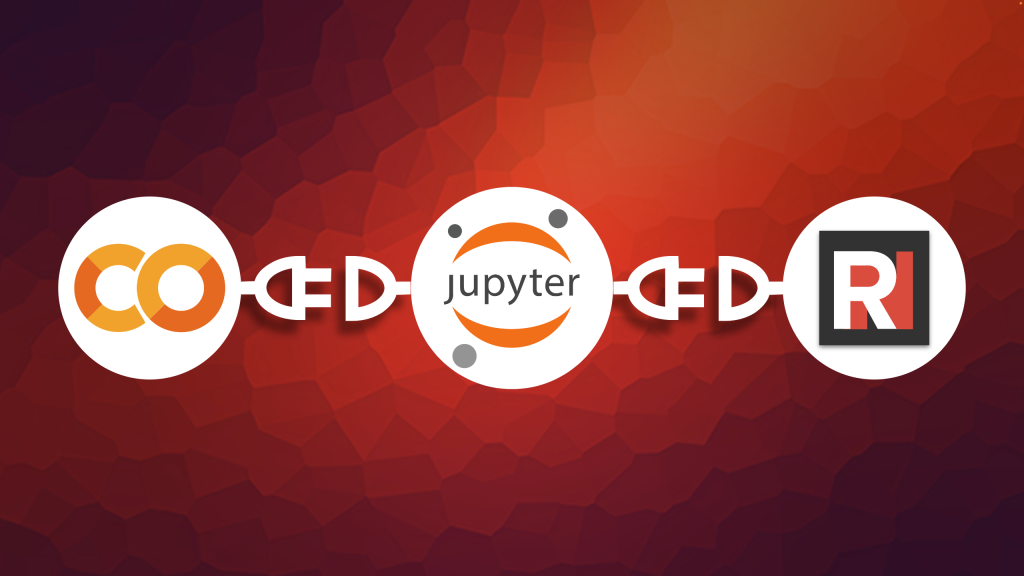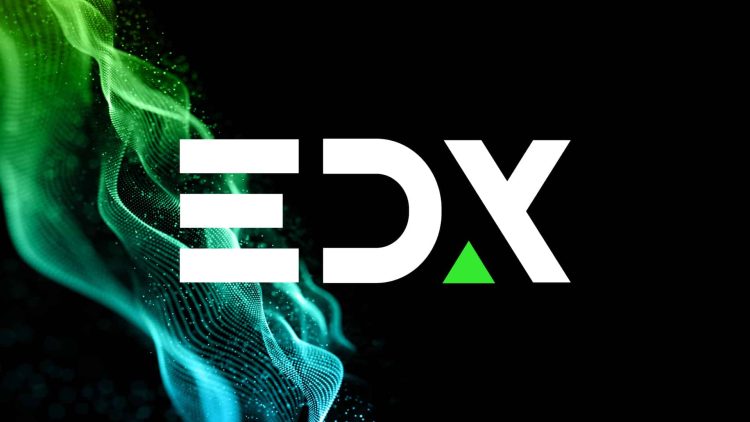Artificial Intelligence (AI) has become one of the most exciting and rapidly advancing fields in technology today. Whether you’re looking to apply AI in your career, start a business, or simply expand your skillset, diving into the world of AI can be overwhelming. With countless terms, tools, and resources to navigate, it’s crucial to approach AI learning in a structured way.
In this article, we’ll explore where beginners should start their AI journey, how to learn AI effectively, and recommend practical resources and platforms to help you accelerate your learning. By the end, you’ll have a clear roadmap to begin your AI education and build a strong foundation.
1. Understanding the Basics of AI: What You Need to Know
Before diving into coding or machine learning algorithms, it’s essential to have a strong grasp of the fundamentals of AI. This will set the stage for understanding how AI technologies work and how they can be applied.
1.1. Key Concepts in AI
Here are some foundational AI concepts that every beginner should familiarize themselves with:
- Machine Learning (ML): A subset of AI that involves training algorithms to recognize patterns and make decisions based on data. It includes supervised learning, unsupervised learning, and reinforcement learning.
- Deep Learning (DL): A more advanced form of machine learning that uses artificial neural networks to simulate the human brain. Deep learning powers systems like voice assistants, image recognition, and self-driving cars.
- Natural Language Processing (NLP): The field of AI that focuses on enabling machines to understand, interpret, and generate human language. Examples include chatbots, language translation, and sentiment analysis.
- Computer Vision: A field of AI that teaches machines to interpret and understand visual information, such as images and videos. It’s used in facial recognition, autonomous vehicles, and medical imaging.
- Reinforcement Learning: A type of machine learning where agents learn by interacting with an environment and receiving rewards or penalties based on their actions.
2. Key Skills You Need to Learn AI
As you begin your AI journey, there are several important skills you’ll need to develop:
2.1. Programming Languages
AI development relies heavily on coding, and the most commonly used programming languages in AI include:
- Python: The most popular programming language for AI development due to its simplicity, readability, and extensive libraries like TensorFlow, PyTorch, and Scikit-learn.
- R: Especially useful for statistical analysis and data visualization, R is commonly used in data science and AI research.
- JavaScript: Increasingly used for AI in web applications, particularly with libraries like TensorFlow.js for client-side machine learning.
- Java: Although less common than Python, Java is still used for developing large-scale AI systems, especially in enterprise settings.
2.2. Mathematics and Statistics
AI heavily relies on mathematical concepts, including:
- Linear Algebra: Used for understanding machine learning models, particularly in deep learning.
- Calculus: Helps in understanding optimization methods and how algorithms learn and improve.
- Probability and Statistics: Fundamental for working with data and building predictive models.
If you don’t have a strong background in math, there are many resources that can help you build these foundational skills.
3. Where to Start Your AI Learning Journey: Practical Resources
Now that you understand the basics, let’s look at some resources and platforms where you can start your AI learning journey.
3.1. Online Courses and Tutorials
The internet offers a plethora of online courses for all levels of AI learning. Here are some of the best platforms that offer free or paid AI courses:
Coursera
Coursera offers a wide range of AI courses, including both beginner-friendly and advanced options. Many courses are taught by top universities, such as Stanford and the University of Toronto.
- Recommended Courses:
- “AI For Everyone” by Andrew Ng: A great starting point for beginners. It covers the basics of AI, its applications, and its potential societal impact.
- “Machine Learning” by Andrew Ng: One of the most popular AI courses available. It dives deeper into machine learning algorithms and their implementation in Python.
- “Deep Learning Specialization” by Andrew Ng: This series of courses covers the essentials of deep learning, including neural networks and convolutional networks.
edX
edX also offers high-quality AI courses from prestigious universities like MIT and Harvard. You can audit many courses for free, or pay for certification.
- Recommended Courses:
- “CS50’s Introduction to Artificial Intelligence with Python” (Harvard University): This beginner-friendly course covers the fundamentals of AI and uses Python to implement algorithms.
- “Artificial Intelligence (AI)” by Columbia University: An in-depth course that covers search algorithms, game playing, machine learning, and more.
Udemy
Udemy offers many practical, hands-on courses on AI, machine learning, and data science, often at discounted prices.
- Recommended Courses:
- “Artificial Intelligence A-Z™: Learn How to Build an AI”: This course is perfect for beginners who want to get hands-on and build AI applications.
- “Machine Learning A-Z™: Hands-On Python & R In Data Science”: A great course to learn the fundamentals of machine learning using Python and R.
Kaggle Learn
Kaggle, a platform for data science competitions, also offers free micro-courses on various AI topics. These bite-sized lessons are excellent for getting hands-on experience quickly.
- Recommended Courses:
- “Intro to Machine Learning”: A beginner-friendly course that covers the basics of machine learning.
- “Intro to Deep Learning with Keras”: Perfect for those interested in deep learning, this course focuses on using Keras for neural network design.
3.2. AI Tools and Platforms for Hands-on Practice
While learning the theoretical aspects of AI is essential, practical experience is what will truly solidify your understanding. Here are some platforms that allow you to get hands-on experience with AI tools and projects:
Google Colab
Google Colab is a free, cloud-based Python environment that allows you to write and execute Python code in your browser, making it perfect for beginners to experiment with AI code.
- Why Use It: It offers free access to powerful GPUs, making it easier to experiment with deep learning models without the need for expensive hardware.
TensorFlow Playground
TensorFlow Playground is a web-based tool for learning how neural networks work. It’s a great place to visually experiment with simple neural network configurations.
- Why Use It: TensorFlow Playground provides an intuitive, interactive way to understand the behavior of neural networks, especially for beginners.
Microsoft Azure Notebooks
Microsoft Azure Notebooks offers a cloud-based platform for running Jupyter notebooks, a popular tool in data science and AI.
- Why Use It: It integrates seamlessly with Microsoft Azure, allowing for scalable AI solutions and access to cloud-based services.

3.3. Books for Beginners
While online courses are an excellent way to learn AI, books can also provide in-depth knowledge. Here are some beginner-friendly AI books:
- “Artificial Intelligence: A Modern Approach” by Stuart Russell and Peter Norvig: Considered the definitive textbook for AI, this book is widely used in university courses. It provides an in-depth explanation of various AI concepts.
- “Hands-On Machine Learning with Scikit-Learn, Keras, and TensorFlow” by Aurélien Géron: A practical guide to building machine learning models using Python. This book is perfect for beginners who want to learn by building real projects.
- “Python Machine Learning” by Sebastian Raschka and Vahid Mirjalili: A hands-on guide to machine learning using Python, covering everything from basic concepts to more advanced algorithms.
4. AI Communities and Networking: Learn From Others
Joining an AI community is one of the best ways to accelerate your learning. Here are some top AI communities:
- Kaggle: A platform for data science competitions, Kaggle also has an active community of AI enthusiasts who share tutorials, code, and solutions.
- AI Conferences and Meetups: Events like NeurIPS, ICML, and CVPR are great places to connect with AI professionals. Additionally, there are AI meetups around the world where you can network and learn from others.
- Reddit: Subreddits like r/MachineLearning, r/learnmachinelearning, and r/artificial are great places to ask questions and participate in discussions.
5. Key Takeaways for AI Beginners
- Start with the Basics: Learn the fundamental concepts of AI, such as machine learning, deep learning, and NLP.
- Learn Programming: Python is the most widely used language in AI development, so focusing on Python will give you a solid foundation.
- Use Practical Resources: Leverage online courses, books, and hands-on tools like Google Colab to get practical experience.
- Join AI Communities: Engage with other AI learners and professionals to exchange knowledge and stay motivated.
By following these steps and utilizing the resources and platforms mentioned, you’ll be well on your way to mastering AI. Remember, consistency is key. AI is a vast field, so take it one step at a time, and don’t hesitate to seek help when needed. Happy learning!











































